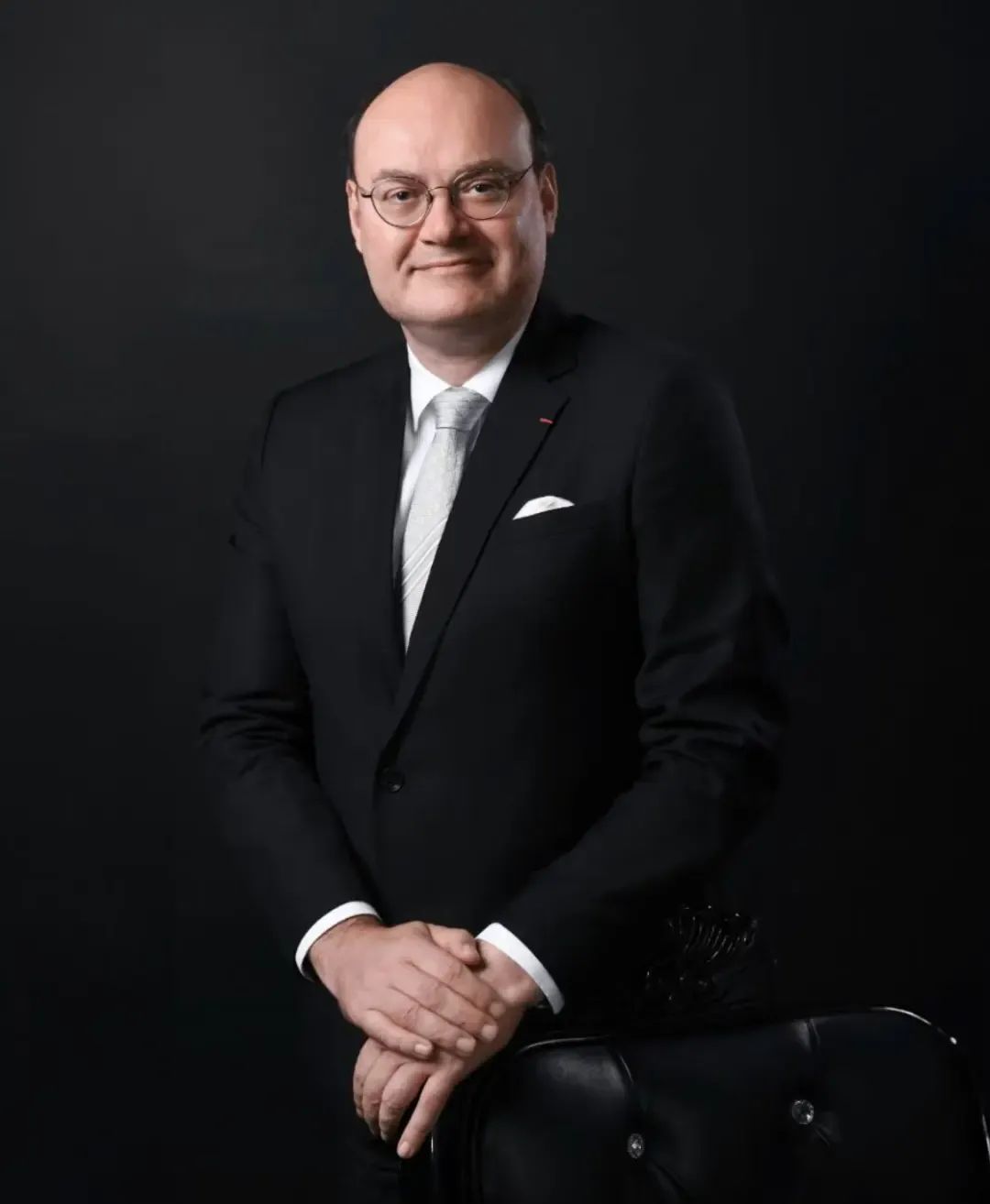里昂智庫 | 法國里昂商學院高級顧問David Gosset高大偉評論美國副總統(tǒng)近期在慕尼黑的發(fā)言
來源:法國里昂商學院時間:2025-04-15

高大偉 David Gosset
法國里昂商學院高級顧問
法國里昂商學院美好商業(yè)中心學術(shù)委員會成員
中歐美全球倡議發(fā)起人
《中國與世界》三卷書主編
“靈感”系列發(fā)起人
法國里昂商學院高級顧問,,中歐美全球倡議發(fā)起人,,《中國與世界》三卷書主編,,“靈感”系列發(fā)起人,,該系列書籍旨在向世界介紹中國,。

▲ A farmer harvests at a wheat field at Yantang village of Kaiyang county in Guiyang, Southwest China's Guizhou province, May 31, 2023. [Photo/Xinhua]
Anyone with even a basic understanding of European affairs would immediately recognize that James David Vance's recent speech in Munich revealed a deep ignorance of the continent's complex political and historical situation. His remarks were not only misinformed but also alarmingly superficial for someone holding such a high office. Yet, even more troubling was his most recent comment regarding Chinese people—a statement that added ignorance and a layer of toxic arrogance to his already troubling rhetoric.
In reducing the Chinese population to "peasants", Vance displayed a stunning lack of awareness and respect. Such a characterization is not only factually incorrect but deeply offensive. China is home to one of the most ancient and sophisticated civilizations in human history. To overlook this reality is to dismiss thousands of years of intellectual, cultural and scientific achievement. It is bad enough to ignore the richness of the Chinese society, but it is arguably worse to mislead one's own citizens about the true nature of one of the world's most dynamic and influential countries.
The American people deserve better. They deserve a leadership that is not only informed but also open-minded—capable of recognizing and engaging with the complexity of other societies, especially those that play a critical role in shaping the future of the global order. China, with its rapid technological advances, vibrant entrepreneurial spirit, and growing cultural influence, is not a monolithic or backward nation. Rather, it is a place of remarkable innovation and transformation. To paint it otherwise is a disservice not only to China but also to the American public.
Vance's words reveal a troubling pattern — a tendency to resort to stereotypes rather than confront the world as it actually is. Such behavior is not just unbecoming of a vice president; it is dangerous. In a time when international cooperation is more essential than ever, leaders must be bridge-builders, not flamethrowers. Mischaracterizing an entire people undermines diplomacy, sows division, and weakens America's position on the world stage.
Moreover, the implications of Vance's rhetoric go beyond international perception. By promoting such distorted views, he hampers the ability of the United States to maintain its leadership role in a rapidly changing world. The global balance of power is shifting. Emerging nations are asserting themselves with greater confidence, and the multipolar world is now a reality. In this environment, clinging to arrogance and outdated narratives is not a strategy—it's a liability.
History has shown that societies which fail to adapt, remain trapped in a mindset of superiority and condescension, ultimately fall behind. The Chinese renaissance, marked by remarkable advances in science, technology, education and infrastructure, will not be halted by the careless words of a single American politician. On the contrary, such remarks only serve to motivate and strengthen China's resolve to chart its own course and solidify its role as a global leader.
It is ironic, then, that in trying to diminish another nation, Vance may in fact be hastening the decline of his own influence. His statements reflect not strength, but insecurity—an inability to understand the present and prepare for the future. As time passes, the weaknesses in his character and the superficiality of his worldview become more evident.
America still has the potential to be a force for good in the world—a beacon of innovation, creativity and global partnership. But this will require leaders who are willing to engage with reality, who respect the dignity of all peoples, and who understand that influence is earned through wisdom and integrity, not arrogance and ignorance.
It is not China that is diminished by Vance's comments—it is Vance himself.
The author, a specialist in global affairs and sinology, is the founder of the China-Europe-America Global Initiative.
法國里昂商學院美好商業(yè)中心
emlyon business school Good Business Center
2016年6月,,法國里昂商學院聯(lián)合每日經(jīng)濟新聞,,共同發(fā)起“美好商業(yè) (Good Business)”項目,,成立美好商業(yè)中心 (Good Business Centre,,簡稱GBC),。
我們一致認同:商業(yè)領(lǐng)域的每一個進步都是依靠創(chuàng)造與開拓,而不是競爭與吞并,?;貧w商業(yè)本質(zhì),,才是商業(yè)成功的路徑。
“美好商業(yè)”項目將搭建一個整體平臺,,通過“分享與碰撞”,、“發(fā)聲與呼吁”、“呈現(xiàn)與體驗”三種角度全方位地探索“美好”的可能性,。
法國里昂商學院全球工商管理博士項目
Global DBA (Asia Track)
科技發(fā)展日新月異,,全球時局變化莫測,在這個充滿不確定的時代,,終身學習才是個人適應社會發(fā)展和實現(xiàn)個體發(fā)展的正確路徑,。法國里昂商學院全球工商管理博士項目 (GDBA) 深耕學術(shù)教育,通過實踐性導向課程,,輔以獨特的產(chǎn)學研三重螺旋培養(yǎng)體系,,旨在為商業(yè)領(lǐng)袖們量身定制了面對當下挑戰(zhàn)的新方法、新思路,,并肩前行,,探索商業(yè)世界新奧秘,獲取商戰(zhàn)管理智慧,,也為有志于個人轉(zhuǎn)型和塑造個人IP的商業(yè)領(lǐng)袖們拓展了變革的道路,。


